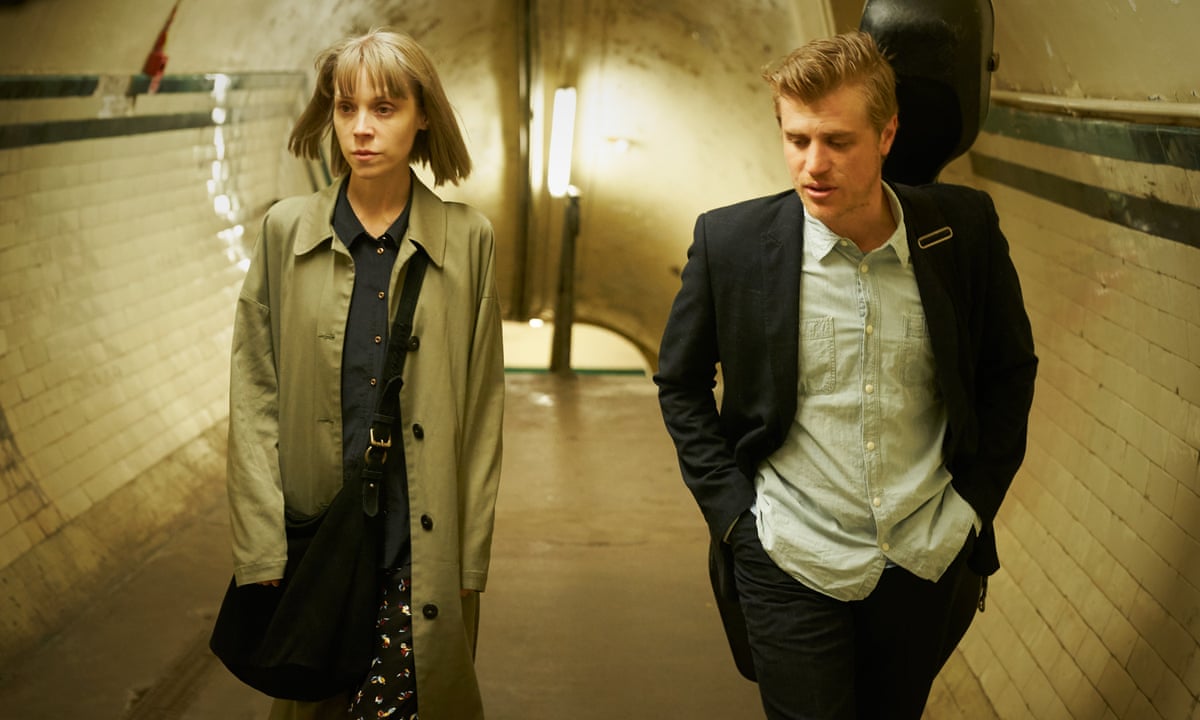

Cordelia (2019), directed by Adrian Shergold, is a psychological thriller centered around a fragile woman named Cordelia, played by Antonia Campbell-Hughes. The story unfolds in London, where Cordelia lives in a rundown apartment with her twin sister, Caroline. The film explores themes of trauma, isolation, and paranoia, painting a haunting portrait of a woman struggling to stay grounded in reality.
Cordelia is a stage actress who is still recovering from a traumatic event from twelve years earlier, related to the 7/7 London bombings. When Caroline leaves town for the weekend, Cordelia is left alone and begins to experience disturbing visions and unsettling events. She grows increasingly anxious and withdrawn, haunted by memories and unsure of what is real.
Her only companion during this time is her upstairs neighbor Frank (Johnny Flynn), a cellist who seems charming but gradually reveals a more mysterious and possibly sinister side. As Cordelia spends more time with Frank, her mental state deteriorates, and the lines between reality and hallucination blur.
The film creates a sense of claustrophobia and dread through its confined settings and eerie atmosphere. The slow, tense pacing mirrors Cordelia’s descent into paranoia and confusion. Antonia Campbell-Hughes delivers a powerful performance, portraying Cordelia’s fragility and vulnerability with depth and nuance.
As the story progresses, viewers are left questioning whether the threats Cordelia faces are real or a manifestation of her damaged psyche. The film ends on an ambiguous note, emphasizing the psychological horror over concrete answers.’
Cordelia is not a conventional thriller but rather a character-driven exploration of trauma and mental instability. Its haunting tone and suspenseful storytelling make it a unique and unsettling cinematic experience. The film challenges viewers to interpret its mysteries, offering more questions than answers



